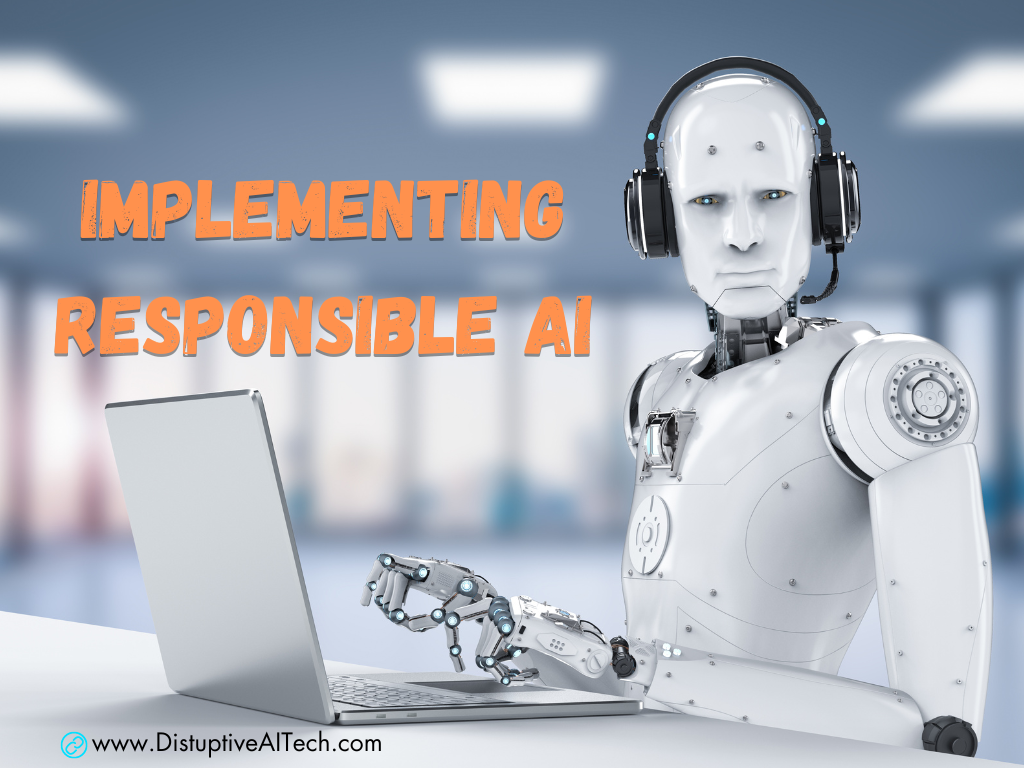
The business landscape is being swiftly reshaped by artificial intelligence (AI), which is transforming how businesses operate, make decisions, and interact with customers. This game-changing technology is being used in a variety of sectors to improve productivity and open up fresh growth prospects. We’ll examine the top 10 areas where AI is significantly affecting businesses in this blog post, along with examples from the real world.
1. Customer Support and Service:
Virtual assistants and chatbots powered by AI are transforming customer service. For instance, Zendesk’s Answer Bot automates responds to frequent customer enquiries, lowering response times, while Amazon’s Alexa employs natural language processing to give information and help customers with chores.
2. Individualized Marketing
Businesses may give personalized content and product recommendations thanks to AI. Businesses like Netflix employ AI algorithms to make movie and television recommendations based on individual viewing preferences, which boosts user engagement and retention.
3. Predictive Analytics
Predictive analytics powered by AI aids business decision-making. For instance, UPS utilizes AI to optimize routes, saving time and money on gasoline, and Einstein Analytics from Salesforce forecasts sales patterns to help with the creation of sales strategies.
4. Supply Chain Improvement:
By anticipating demand, boosting inventory control and logistics, AI optimizes supply chains. Walmart employs AI to anticipate customer demand and manage inventory, hence minimizing wastage and stockouts.
5. Diagnostics and health care:
AI’s uses in diagnosis and treatment are changing the medical field. IBM Watson reviews medical information to help doctors diagnose illnesses, and PathAI supports pathologists in making more precise cancer diagnoses.
6. Financial services:
With fraud detection, algorithmic trading, and individualized financial advise, AI is revolutionizing the financial sector. While Robinhood utilizes AI to make investment suggestions, Stripe uses AI to combat fraud.
7. Production and quality assurance:
Robots with AI capabilities and computer vision systems improve the effectiveness and standard of manufacturing. AI is used by GE to check and repair industrial equipment, and Tesla uses AI in its autonomous production robots.
8. Personnel Resources
AI streamlines HR procedures, including employee engagement and hiring. While Humun employs AI to increase employee engagement and retention, LinkedIn Talent Insights uses AI to assist businesses in locating and luring top talent.
9. Online shopping and retail:
Online shopping is changing as a result of AI-powered recommendation engines and inventory management systems. Zara uses AI to optimize inventory and pricing plans, and Alibaba’s Taobao uses AI for product recommendations.
10. Cybersecurity:
By identifying and responding to attacks in real-time, AI improves cybersecurity. Darktrace protects businesses from cyberattacks by utilizing AI to recognize and reduce cybersecurity threats.
The effects of AI on enterprises are significant and unmistakable. These instances demonstrate the various ways in which AI is transforming various sectors, including manufacturing, healthcare, and customer service. Businesses who use AI as it develops will have a competitive advantage, increase productivity, and provide better consumer experiences in the ever-evolving digital ecosystem. For businesses hoping to prosper in the AI-powered future, staying current and implementing AI solutions tailored to their unique needs will be essential.


